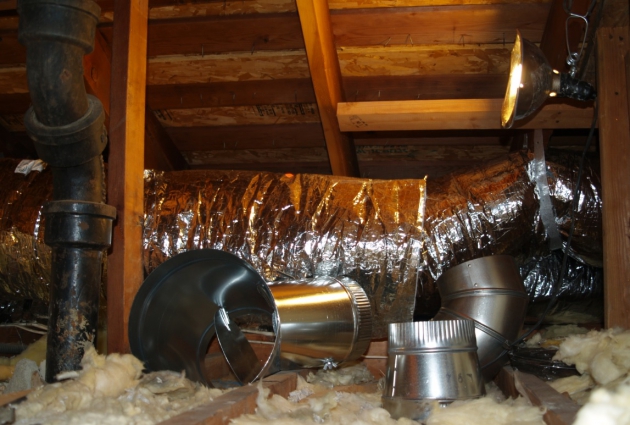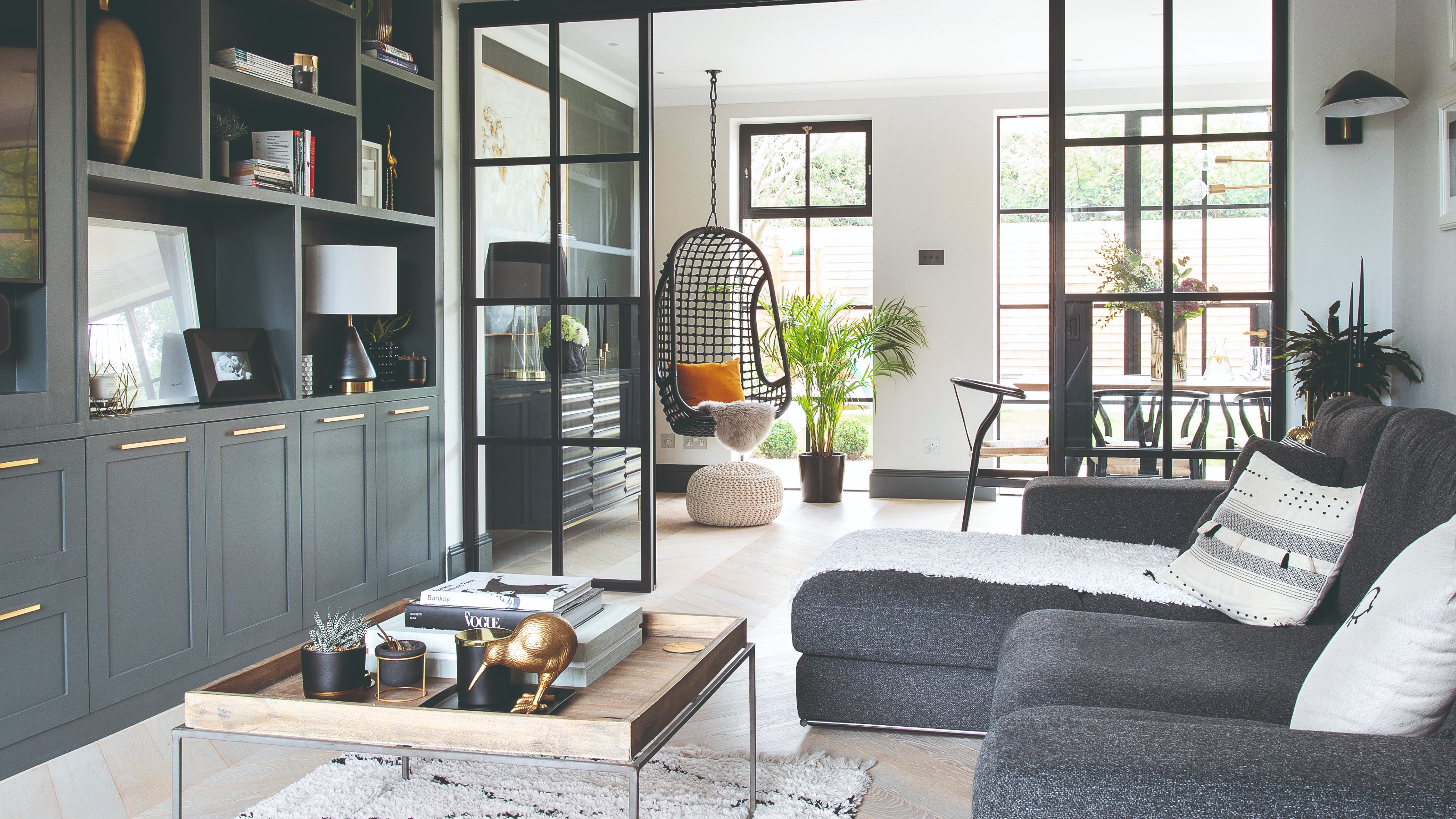Top Pricing Mistakes That Kill Home Sales

When it comes to selling your house, one of the most critical decisions you’ll make is pricing. The price you set for your home can be the difference between a quick sale and months of frustration. Setting the right price is crucial to attract buyers while also ensuring you get the best return. However, many motivated sellers make pricing mistakes that can derail their sales and cause them to miss out on potential profits.
In this blog, we’ll explore the top pricing mistakes that kill home sales, and how you can avoid them. Understanding these common pitfalls can help you set the right price and get your home sold quickly. Our buying process/guideline for sell your house/hassle-free process will walk you through the essential steps to avoid these costly errors.
Overpricing: The Biggest Mistake
One of the overpricing errors that often happen when selling a home is setting the price too high. Many sellers think they can always drop the price later, but overpricing can actually hurt your chances of making a sale. Homes that sit on the market for too long often become stigmatized. Buyers may wonder why the property hasn’t sold, leading them to assume there’s something wrong with it.
The real estate market is dynamic, and pricing your home higher than its market value can prevent it from being seen by serious buyers. If the price is too steep, potential buyers may overlook it, not even considering your property as an option. Even if you reduce the price later, it may be seen as a red flag, leading to fewer offers.
A better approach is to set a price based on competitive pricing, which ensures that you’re in line with what similar homes in your area are selling for. This approach not only attracts more buyers but also positions your home as a strong contender in the market.
Underpricing: The Pitfall of Low Expectations
On the flip side, underpricing your home can be just as damaging as overpricing. While setting a lower price may seem like a way to attract more buyers and ensure a quick sale, you might end up leaving money on the table. Buyers are often skeptical of homes priced too low and might think there’s something wrong with the property. They could wonder if the home has hidden issues or needs repairs, which could prevent them from making an offer at all.
Additionally, financial pitfalls can arise if you price your home too low and miss out on potential profit. When selling, it’s essential to understand your home value and ensure you’re pricing it competitively while still maintaining a realistic expectation of what the market will bear. A market analysis can help you determine the true value of your home and ensure you don’t set yourself up for disappointment.
Ignoring Buyer Preferences
Another common mistake that can kill home sales is not taking buyer preferences into account when pricing your home. Buyers are looking for certain features, and pricing your home without considering these preferences can prevent you from selling quickly. For example, if your home has outdated features or is in less-than-ideal condition, you may need to price it lower to account for these issues.
However, if your home is in great condition with modern updates, it can justify a higher price. Selling strategy involves more than just setting a price—it’s about considering the buyers you want to attract. Understanding buyer preferences and tailoring your pricing accordingly can help you meet buyer expectations and ultimately lead to a quicker sale.
Failing to Conduct a Market Analysis
A market analysis is essential when setting the right price for your home. Failing to do one can lead to serious pricing mistakes. A market analysis helps you compare your home to similar properties in your area, providing insight into the local market. Without this crucial step, you risk overpricing or underpricing your home, which can delay the sale.
Sellers who skip this step often end up with unrealistic pricing expectations, which can result in prolonged listings and price reductions. On the other hand, an accurate market analysis allows you to see what similar homes are selling for, and ensures your home is priced competitively in the real estate market.
Understanding the local market conditions—whether it’s a buyer’s market or a seller’s market—will also help you determine the best price for your home. If you’re in a seller’s market with low inventory, you may be able to price your home higher, but if you’re in a buyer’s market, you may need to adjust accordingly.
Not Adjusting Your Price Over Time
Lastly, one of the biggest pricing tips for motivated sellers is to regularly assess the price of your home throughout the selling process. If your home has been on the market for a while and hasn’t received much attention, it may be time to adjust the price.
Not adjusting your price over time can result in missed opportunities. If your home is priced too high for too long, you’ll eventually need to lower the price, which can be a red flag to potential buyers. Homes that have had multiple price reductions often become stigmatized, and buyers may expect even further price drops. To avoid this situation, work with your agent to ensure that your home stays competitively priced throughout the selling process.
Common Questions About Pricing Your Home
Understanding how to price your home is essential for selling it quickly and for the right amount. Here are a few common questions sellers have about pricing:
1. How do I determine the right price for my home?
Start by doing a market analysis to compare your home to similar properties in your area. A real estate professional can help you determine the correct price based on current market conditions and buyer demand.
2. What happens if I overprice my home?
Overpricing can result in fewer showings, less interest from buyers, and a longer time on the market. Eventually, you’ll need to lower the price, which could reduce the property’s appeal and cost you more time and money.
3. Should I lower the price if my home isn’t selling?
If your home hasn’t sold after a reasonable amount of time, consider adjusting the price based on the feedback you’ve received and the current market conditions. A price adjustment can help you attract more buyers and increase your chances of a sale.
4. How do buyer preferences affect my home’s price?
Understanding buyer preferences is key to setting the right price. If your home meets current market trends and buyer expectations, you can price it higher. If there are updates or repairs needed, you may need to price lower to account for those issues.
5. What’s the best pricing strategy for selling fast?
The best pricing strategy is one that takes into account competitive pricing, market conditions, and your home’s value. Setting a fair price based on a market analysis will attract the right buyers and help you sell your home quickly.
Sell Your House Fast with Nahas Realty
If you’re looking to sell your house quickly and get a cash offer, Nahas Realtyis here to help. Our team specializes in providing motivated sellers with a hassle-free home selling process, ensuring you get the best price without the stress of traditional home sales.
We can help you avoid the pricing mistakes that kill home sales and provide you with an accurate assessment of your home’s value. If you’re ready to get a fair offer and sell your home fast, visit us to learn more about our buying process. Let us assist you in making your home sale quick and profitable!





